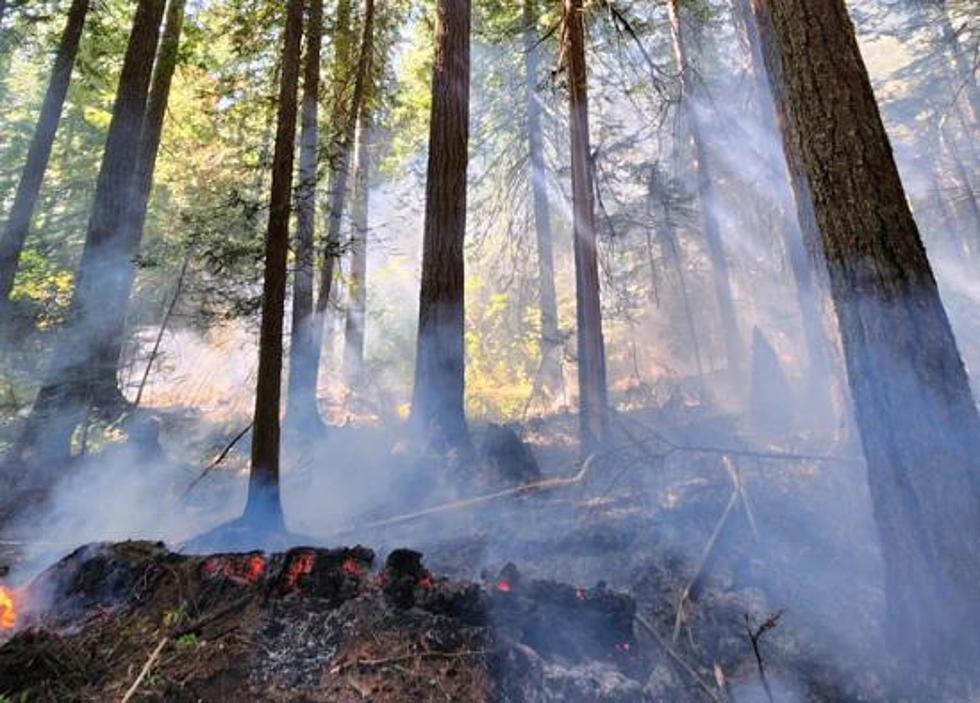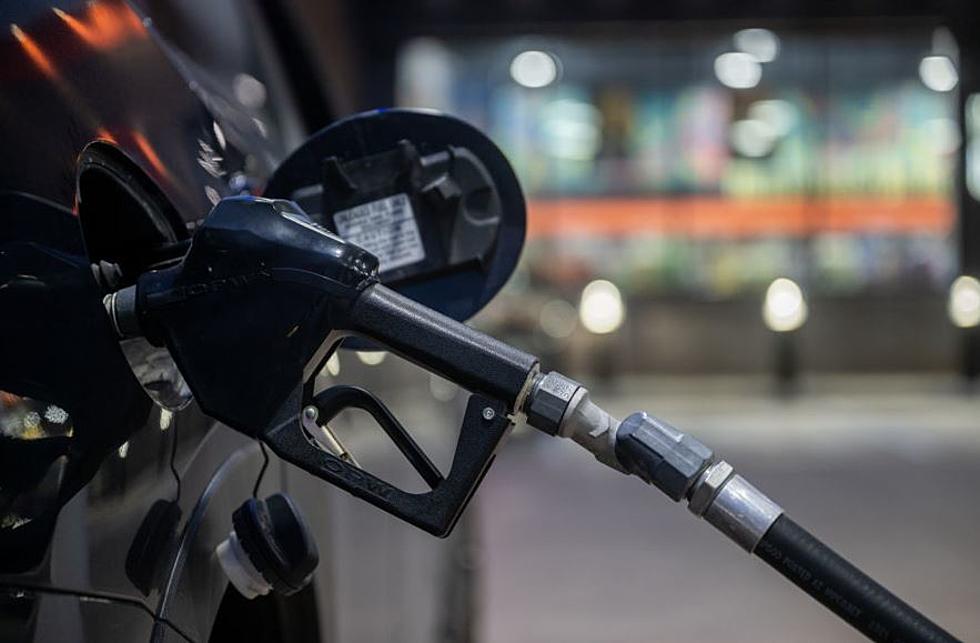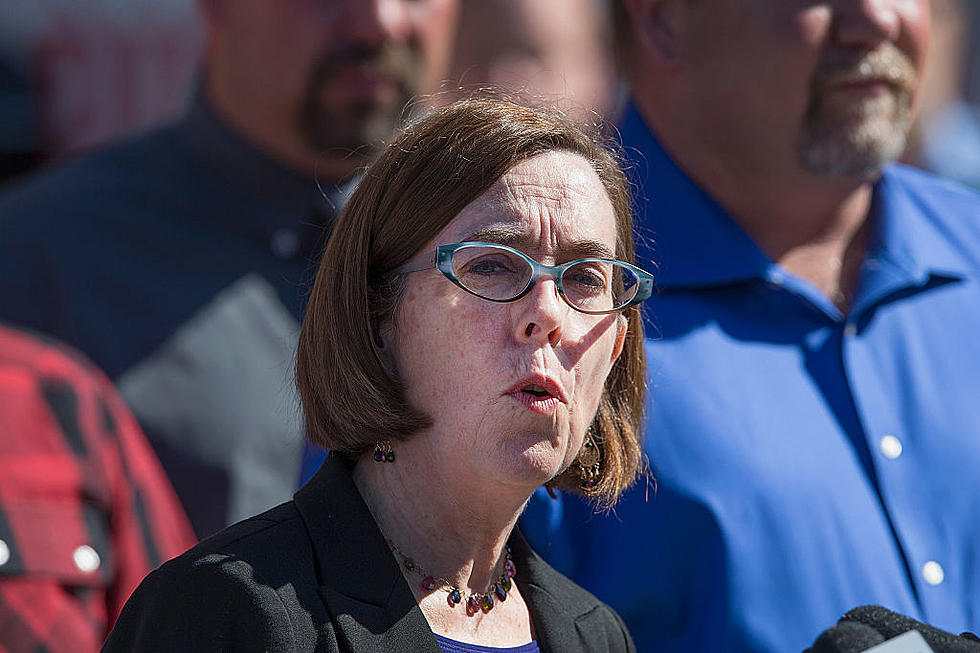
How would Gov. Inslee’s Carbon Tax Idea Affect YOU?
It's not even being disguised anymore. Gov. Jay Inslee is preparing to unveil not only a proposal for a cap-and-trade system but a carbon tax in Washington state.
Between now and the next legislative session, Inslee plans to hit it hard, hoping to push through climate change mandates that were decided some six years ago. Back then little economic study was done to determine what impact it would have on our economy.
Back in 2008, when people were still giddy about climate change, and global warming, that euphoria completely overlooked the devastating financial costs these plans would have. Cap and trade was tried, an abandoned, in Europe. It never made it through Congress. But that hasn't stopped Inslee.
The National Association of Manufacturers has a report on their website, detailing what a basic carbon tax would do to the U.S. nationally, and how it would affect each state specifically. They examined the most commonly discussed plan that would reduce carbon emissions by 80% by the year 2053. Carbon taxes are basically a "pollution tax" levied against businesses and manufacturers. Here's how it's projected to affect us:
- Gas prices would jump at least $.20 cents per gallon. In addition, you've heard of the low carbon emission fuel standards Inslee wants to implement - those would drive up prices at least $1.00.
- Washington households would see at least a 15% increase in utility costs. Power producers would have to buy carbon credits (driving up costs) or pay fines for not having them. Natural gas prices would rise as much as 40%.
- Much like raising the minimum wage, a carbon tax would kill anywhere from 6,000 to 25,000 jobs, mostly in skilled manufacturing and related industries.
- The hardest hit industries would be energy-intensive manufacturing, who would lose between 1.1 and 1.3 percent of economic output. Energy-intensive companies are those who utilize significant amounts of electricity, water, and other natural resources to produce their goods.
For our neighbors in Oregon, they would see natural gas prices rise as much as 40%, and their economy would be hit harder, with job losses in the immediate wake of such a tax between 9,000 and 17,000.
To see and study this easy to read analysis of what carbon taxes and cap-and-trade would do, click here. The National Association of Manufacturing is a leading nationwide group who represent dozens of different industries, and companies big and small who produce thousands of different products we use in our lives every day.
They represent businesses who contributed over $2 trillion to the national economy.
More From 870 AM KFLD









